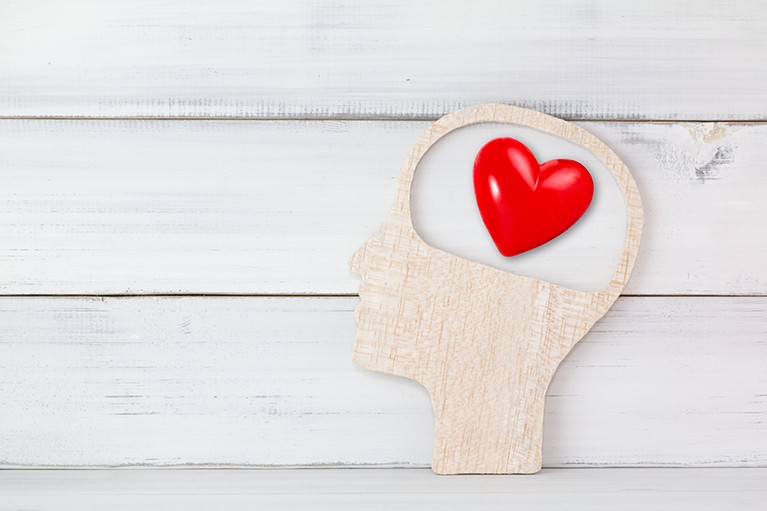Thinking About Brain Health
July 14, 2022

As the wet season kicks into full swing this summer hopefully you’ve stuck true to your new year resolutions. If you’re like one of the many millions who have made a commitment to your health this year, we on the StayWell team want to send a gentle reminder to not forget about your brain health! It’s pretty safe to say that most people easily forget or perhaps don’t take into consideration at all brain health. Just like your heart or your lungs, your brain is a living breathing organ within your body that needs just as much if not more careful attention than the rest of your soft parts.
Mind Over Body Matters
Brain health and physical health go hand-in-hand especially as you age. As you celebrate your 21st birthday for the 30th time you may want to pay special attention to your brain health by stopping to ask yourself; how good is my memory? How many senior moments did I have this year? Or even this week? Although we may joke a lot about the slip ups that become common as you age, your memory and motor functions are very telling signs of your brain health.
Aging and Health
Your health as you age depends mostly on your genes, lifestyle choices and environment. There are a number of factors that we may or may not be able to overcome in order for us to stay healthy. This is why the federal government works to address those issues that affect our society today that create boundaries to getting and staying healthy. These issues include socio-economic disparities between communities, food scarcity, access to health resources and the like. Here in the Marianas Islands some of these issues are all too familiar, especially the issue of health infrastructure that our island needs to keep our community healthy. However, there are a number of things that we can all do at any age to improve our brain health.
For brain health you should strive for:
- Healthy eating
- Regular exercise
- Keeping your brain active
- Maintaining social connections
- Getting enough sleep
Healthy Eating
Good nutrition is an important part of a healthy lifestyle - with respect to brain health getting the right nutrients is important to keep your brain functioning properly. Just like other organs within the body, the brain relies on a number of important nutrients in order to carry out its daily functions. Too much or too little of certain vitamin and nutrients can affect your brain health as you age.
Healthy eating for brain health may look like:
- Eating or drinking less sugar, salt and solid fat
- Making fruits, vegetables and whole grains a major part of your diet
- Choosing lean meats, fish or poultry
- Choosing low- or non-fat dairy
- Controlling portion sizes
- Drinking adequate fluids
Regular Exercise
If you’re an avid reader of our newsletter then by now you should already expect exercise to show up in this list and that’s because it is probably the best remedy to a number of different ailments our island community sees today. For brain health physical activity reduces your risk of other chronic conditions that ultimately impact your brain such as diabetes, heart disease, depression and stroke. As you can imagine an unhealthy body will also mean an unhealthy brain. It is important also to note that for brain health getting regular exercise can also help to prevent falls and improve connections among brain cells. Regular use and exercise of your motor functions are a great way to maintain the functionality of your brain as you age. In the case of brain health, if you stop exercising or cease to be active then it may be harder for you to get back out there as you age. Put simply – if you don’t use it, you lose it.
Keeping Your Brain Active
Keeping your mind active may help maintain your learning, memory and thinking skills. We will also point out here that binge-watching the latest seasons on Netflix do not count in this case. Consider activities that require your brain take an active role in what it is viewing. These can include:
- Reading books and magazines
- Playing games and doing puzzles
- Taking a class or joining a club
Social Connections
Maintaining healthy relationships with others and having positive social interactions with friends, family, and even others within your community may reduce some health risks. In addition, people who take part in meaningful activities say they feel happier. You can use social connections for your brain health by:
- Volunteering or working
- Joining a social club or gathering with friends and family
- Trying programs at local community organizations
Where to Start
Your brain health start with knowing your status. Taking inventory of your daily activities and seeing whether you are or are not already incorporating these healthy brain habits can be the best starting point to know what you need to change about your life. Understandably, it can be difficult to take in all the things that can positively or negatively affect your brain health so try by simply taking small steps in the right direction.
Schedule a health screening or physical exam as this is commonly the only time that you’ll be able to get a glimpse of your brain health before any serious medical conditions may arise. Practice the above brain health tips and perhaps try starting a health journal to keep track of your changes and your growth. Then find others who are working towards the same goal of brain health to help keep you on track. By remembering to care for your brain health this will help you to prevent serious brain conditions such as dementia and Alzheimer’s disease. So, this summer don’t forget to both jog and jog your memory so that you can stay on the right path toward a healthier future!
Sources:

